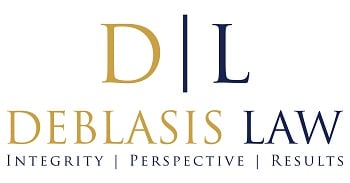The consequences of filing for bankruptcy can be both far-reaching and enduring. One of the most significant implications is how it affects creditors and their rights to pursue a claim against the bankruptcy estate.
If you are a creditor, understanding Chapter 7 Bankruptcy rules and regulations is imperative to navigate the process correctly and protect your interests.
You will be notified of the debtor’s intent
When someone files for Chapter 7 bankruptcy, the creditors are notified of their debtor’s request for relief and the meeting of creditors. This meeting can be crucial if you intend to ask the trustee to look deeper into the situation.
When attempting to be discharged of debts in a bankruptcy court, creditors may call into question the discharge of a debt. Creditors have the right to object to the discharge in court, alleging that the debtor misrepresented facts or information on their application or violated other bankruptcy laws.
Creditors also have the right to request that the court appoint a trustee to oversee the case. Usually chosen by the court, this trustee would have full access to documents relevant to the case and can coordinate documents and communications between parties. Having a reliable and professional middleman involved in these proceedings helps simplify the process and keep all involved accountable.
When you extend credit to someone, you expect to be paid. When an individual declares bankruptcy, you may think you have no legal standing. However, there are many avenues you can take to ensure you receive the monies owed you.
